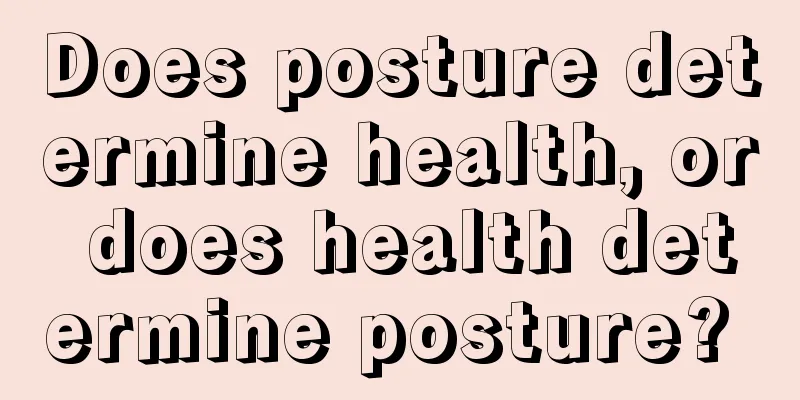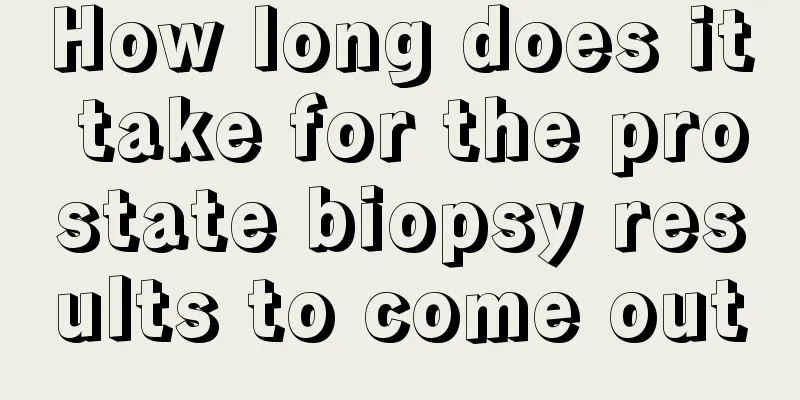Does posture determine health, or does health determine posture?

|
Your posture may reveal a lot about your physical condition. Muscle imbalances, areas of tension, and weaknesses will all manifest in subtle ways on your body. Below, we reveal some of the most common body secrets that you may not know. Clue: Slouching What it reveals: Tight hamstrings When you sit, slouching means your hamstrings (the muscles in the back of your thighs) are tight. "The hamstrings connect to your pelvic muscles, and if they're tight, it can cause your sit bones to tilt forward, which can cause your spine to curve when you sit down." Stretching your hamstrings can help you sit up more easily. Clue: Heavy-looking hips What it reveals: Weak feet It may sound unrelated, but buttocks that protrude outward are a clear sign of excess fat, which can indicate weak feet. When your arches are weak, not only will your feet lose power, but your hips will also sag. The tops of your thighbones will move outward and forward, and your pelvis will drop and move forward. This will make your buttocks look extra heavy and weaken your outer glute muscles. Clue: A protruding belly What it reveals: Tight lats If your lats are tight, they will compress your torso and flex your spine. "This will pull all your internal organs forward, making it look like you have a belly. Simply stretching your lats can tone your torso and make you look thinner." Clue: Protruding belly What it reveals: Weak core muscles and excessive back arching If you're dieting and have stretched your lats, but still have a protruding belly, your core muscles and back may be weak, causing your belly to protrude. Clue: Sagging hips What it reveals: Weak back muscles If your butt is flat or concave, it may be due to weak core muscles, especially the deep back muscles called the multifidus. These deep core muscles help stabilize your spine and allow you to naturally bend slightly forward. Clue: One foot turned outward What it reveals: Tight hips If you stand up straight but one foot turns outward, it may be because your hips are too tight. Hip lifts strengthen the inner and outer thigh muscles (adductors and abductors). Clue: One shoulder is higher than the other What it reveals: Muscle imbalance If you use the same shoulder every day to carry a backpack or a laptop or other heavy object, one shoulder will become higher than the other. It can be treated through massage or movements such as shrugs, but be aware that the side with more tense muscles requires more stretching time. Clue: Rounded shoulders What it reveals: Weak chest, overextended back Sitting at a desk all day can give you rounded shoulders and a thin chest. Doing wall stretches can help strengthen your pectoral muscles. Clue: Forward Head What it reveals: Tight and weak neck muscles Too many pillows or an incorrect sleeping posture can cause your head to tilt forward. “This often indicates tight skull base and neck muscles and weak deep neck flexors.” Clue: One hip droops when standing What it reveals: Gluteus medius weakness If one hip drops lower than the other when you stand, this may indicate weakness in the gluteus medius. The gluteus medius is a key muscle used to control the hip and knee joints. The higher the hip, the weaker the gluteus medius. |
<<: 6 easy and good ways to detoxify early in the morning
>>: Notice! These 53 diseases do not require infusion!
Recommend
Is ginger a photosensitive food? The efficacy of ginger
Ginger is a common food in our daily life. It is ...
Treatment of Trilogy of Fallot
Trilogy of Fallot includes pulmonary stenosis, at...
What kind of shoes should I wear when dancing?
Dancing is a sport that many people like. It can ...
What happens if I haven’t had a bowel movement for several days?
Normally, we will have a bowel movement once a da...
Is it necessary to get the leprosy vaccine?
Among the many types of vaccines, leprosy vaccine...
Is white noise useful for baby sleep
If a baby starts crying and being restless, paren...
What is gastric polyp and is it serious?
Polyps are growths that appear on the surface of ...
Moxibustion for the treatment of trigeminal neuralgia
As the saying goes, "Toothache is not a dise...
What to do if you have pre-marital phobia
Although society is becoming more and more open, ...
How to treat adults' itchy throat and cough
If infants and young children have coughs and itc...
What are the best ways to remove moles?
Everyone has moles, but some moles affect the bea...
Things that patients with colorectal cancer need to know
Cancer is a very serious disease for the human bo...
Differential diagnosis of gallstones?
Most people are familiar with gallstones. Many pe...
What are the early symptoms of nasopharyngeal carcinoma and how to treat it
What are the early symptoms of nasopharyngeal car...
What should I do if I bite my tongue while eating
We may all have bitten our tongue while eating. A...









